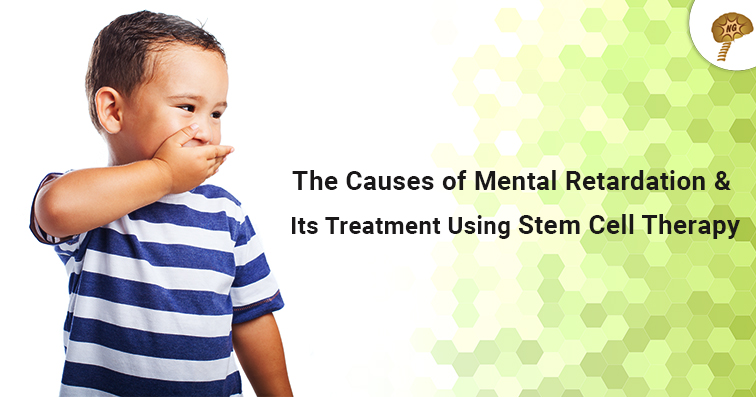
Intellectual Disability is a disability that appears particularly in children and teenagers. A developmental disorder characterized by the intelligence quotient being well below average. A intellectually disabled patient shows signs of below average intellect and performance and faces obstacles in almost every activity from communication, self-care, sense of direction, safety, reasoning to social skills and academic performance.
Everything takes a backseat. By the existing classification system, Intellectual disability can be classified broadly into four tiers, namely
- Mild Intellectual Disability- Characterized by an IQ range of 50-69, they are unable to deal with responsibilities and socially immature but can benefit from specialized education plans and are fully independent in self-care.
- Moderate Intellectual Disability- With an IQ range of 35-49 they are unable to live independently but are slow learners with limited capacity in communication and comprehension of language.
- Severe Intellectual Disability- An IQ range of 20-34, characterized by significant motor impairment and abnormal or damaged CNS (Central Nervous System).
- Profound Intellectual Disability- An IQ below 20. In need of constant help and supervision, such patients cannot care for their own needs and resort to very basic non-verbal communication.
NeuroGen Brain and Spine Institute has expertise in treating neurological disorders with quality personnel and doctors required and ready to tackle every obstacle in Intellectual Disability Treatment with the help of Stem Cell Therapy.
Symptoms and Causes of Intellectual Disability
Some of the symptoms that are associated with poor mental growth are issues with problem-solving, reasoning, poor memory, ability to control emotions and decreased concentration power all of which are caused by conditions that are detrimental to brain-development and harm the brain before or after birth or in the early years of one’s life. Some of these include:
- Genetic anomalies.
- Trauma before or during parturition.
- Environmental poisoning.
- Poisoning due to Intrauterine exposure to Amphetamines, LSD or other such drugs.
Stem Cell Therapy For Intellectual Disability
The conventional approach to the treatment of Intellectual disability includes various treatment options to improve a patient’s mental ability and to gradually ease them into normal social life. However, intellectual disability treatment through Stem Cell Therapy at NeuroGen BSI is one of the most effective ones, and it is aimed at rebuilding and healing the nervous tissues. Properties of self-renewal and differentiation of stem cells are being triggered and used.
These practices are showing great promise in the field of intellectual disability management including internal repair processes, reduction in inflammation and activation of nearby stem cells.








